|
A note to my Neighbors in the Aloha State... and across the world ~
Aloha Neighbors,
As we begin moving forward with "Tier II" and the associated plan to open up the state of Hawaii for the mass influx of tourists, please remember that we, the residents of this beautiful state, will be here long after the visitors have left. As it was before, it’s still up to us to give Aloha… beginning with each other. With over 200 COVID-related deaths here in Hawaii, and over 220,000 COVID-related deaths nationwide, many of us have lost loved ones… or at least know someone who has lost a loved one to the current pandemic. To be sure, we have all been impacted – even if you have not yet seen exactly how the pandemic has impacted your very own life. With so much stress, strife, and the fight to live an everyday life, many of us have lost a “certain something.” Many of us cannot place our finger on it, but all of us can identify with this certain sense of loss. I’m not a psychiatrist or a psychologist. Yet, I attribute this sense of loss with the sentiment that we have all lost “what once was.” Moreover, many of us have a fear that what once was… will never again “be.” Perhaps that is true:
What once was… will never again “be.”
To be sure, this statement has always been true.
Yet, it is the overwhelming bombardment of facts, figures, and the continuous influx of news regarding second and third waves (of sickness and death) that can leave us frozen in fear by not only anxiously focusing on the fact that what once was will never again “be”; but also forgetting to occasionally FOCUS on what we ARE doing; where we ARE going; and all of the good things that ARE happening in our world today. As we move forward toward a “next normal,” let’s invest a few thoughts grieving for what once was. Whether we are remembering a lost relative, friend, or a well-loved celebrity, we must slow down and perhaps stop to invest time in grieving for our losses. If you have not done so already, I encourage you to set aside 15 minutes or so, thinking about and, more importantly, feeling throughout… who and what we have lost. In the final analysis, death is as much a part of life as is life itself. When my younger brother was murdered several years ago, as one would expect, my entire life changed. His name *is* Jmeil Clark, and he was my best friend. He lived in Michigan, and I lived in Hawaii when he passed away late one Thursday evening in March 2015. After his death, I began to understand what people mean when they say, “I have lost my faith.” Prior to Jmeil’s death, I had always wondered how anyone who believes in God, or any of the other personal Higher Powers could “lose their faith.” But as I went through the stages of grief and began to experience an overwhelming sense of sorrow, I began to lose hope that the next day, month, or year could ever have the same depth of meaning as it did before Jmeil died. Looking back, I can clearly see that my love for my younger brother was overshadowed by the depth of my sorrow and the gaping hole that had seemed to replace him. I didn’t lose my faith in God, per se. But I did, in fact, lose faith in my belief that all things work for the good of those in Christ. Over the years, my faith has returned… ironically stronger than ever. Of course, to this day, I still love my brother. I miss him. I miss him. I miss him! I need him now as much as I ever did. In fact, I think of him often. And yet, what once “was” will never again “be.” In the 5 years since his death, I have learned to accept what “is.”
And, as I stop to think of Jmeil today, I offer a warm sense of Aloha and a collection of beautifully expressive words to our community, our state, and our world as we process our own respective sense of loss in the midst of this evolving pandemic.
Tomorrow will come.
Though seemingly dismissive, it is a fact that, indeed, this, too, shall pass.
To remove the inferred dismissiveness of the previous words, please allow the thoughts of the great poet Kahlil Gibran to help us process what continues to be one of the most challenging times in our lives.
This is what Gibran had to say about sorrow…
Your joy is your sorrow unmasked.
And the selfsame well from which your laughter rises was oftentimes filled with your tears
And how else can it be?
The deeper that sorrow carves into your being, the more joy you can contain.
Is not the cup that holds your wine the very cup that was burned in the potter’s oven? And is not the lute that soothes your spirit, the very wood that was hollowed with knives? When you are joyous, look deep into your heart and you shall find it is only that which has given you sorrow that is giving you joy. When you are sorrowful look again in your heart, and you shall see that in truth you are weeping for that which has been your delight. Some of you say, “Joy is greater than sorrow,” and others say, “Nay, sorrow is the greater.” But I say unto you, they are inseparable. Together they come, and when one sits alone with you at your board, remember that the other is asleep upon your bed. Verily you are suspended like scales between your sorrow and your joy. Only when you are empty are you at standstill and balanced. When the reassure-keeper lifts you to weigh his gold and his silver... needs must your joy or your sorrow rise or fall.
~ Aloha ~
John H. Clark III is an optimistic realist.
Principal consultant at The PIE Group, and Executive Director of TeenBuilding USA, [a non-profit 501c(3)], John believes better development of leaders is what we (all) need. And to be better organizations, we need more good leaders, not followers. To build better leaders, we must start with the individual (you, she, he, and me).
Described as “an innovative leader,” John teaches leaders, organizations, and individuals how to inspire each other. With a bold goal to inspire a worldwide community of optimistic realists who continuously accept, adapt to, and achieve the bold and beautiful concept of The Ideal Life, John is leading a movement to inspire people to apply his trademarked mantra {Accept. Adapt. Achieve! ®}. An innovative business manager and retired naval officer, John is fascinated by leaders and organizations that make the greatest impact within their organizational culture and within the “real” world — people who “get it.” Over the course of his life as a military leader, corporate mentor, and innovative content creator, John has discovered a wealth of insight about how we think, act and communicate within our respective work/life environments. As a career naval officer, mentor, educator, and optimistic realist, he has devoted his life to sharing insights to assist in our quests to become better at what we all do – live @ work! An optimist with a penchant for writing about realistic solutions to the challenges of everyday life, John is the author of 3 books: a leadership-development insider, The Ideal: Your guide to An Ideal Life, a teen-focused guide, Getting Out: Expert Advice for Today’s Teens, and the Christian-based book, God’s Heartbeat: A Powerful Premise for Leading a Christian Life. He delivers a unique and refreshing point of view to life's seemingly overwhelming situations. Through books, blogs, and everyday conversation, John's message resonates with an empowering blend of ideals that enrich, uplift, and authorize people to set and achieve goals far beyond current mindsets. An engaged community advocate and authentic leader, his trademarked phrase is a winner:
There is tremendous power in acceptance.
I recently discovered that one of our teenage daughters made a choice to do something that was not in alignment with the rules of the Clark Ohana. So, today, after breakfast, we had a family meeting.
During our value-added, love-based discussion about choices, actions, and consequences, I was shocked and dismayed to learn that my daughters, who have previously and proudly shared stories about their victorious arguments won in previous “Socratic Seminars” at school, had never been taught what the Socratic Method is, or who, how, and why the Socratic Method was (and still is) a successful method for improving the likelihood of arriving at a validated consensus. Heck, they didn’t even know who Socrates was. Of course, I digressed and led a family discussion on who Socrates was; what the Socratic Method is; and why the Socratic Method works. More importantly, I explained why the current political debates, though initially founded on a derivation of the premise of the Socratic Method, fail miserably at providing any real value. For the most part, the positions of the remaining candidates are well-known by most voters well before the debates. Accordingly, with a failed Socratic Method, we are left with personal and dogmatic attacks; validations of the parties’ respective positions; invective, and hyperbolic histrionics that actually do more to undermine an understanding of the issues than to facilitate a greater consideration of what could or might be a different, if not better, set of discussed and deliberated alternatives. Bringing it all back to family, I will add this: When he was alive, my paternal grandfather would seemingly ramble on and on about many things in which I was not entirely informed and, as such… not entirely interested; yet, as a respectful and uneducated young man, I intently listened. And, just when I thought my grandfather’s ramblings could not get any worse, he would say something amazingly powerful that would connect with me, myself, and my life in a way that I would have never discovered if I did not have the initial respect and regard to (at least) TRULY listen and SINCERELY consider the fullness of what he was saying. As a community of people… As a nation of naturally born or naturalized citizens… We have the same capability and capacity. Yet, we seem to lack real-time consideration and compliance. Accordingly, we have become complicit in a conspiracy and war of which we are unwitting and unsuspecting - yet willing - combatants. Again…
We have become complicit in a war of which we are unwitting yet willing combatants.
At the end of the day, right is right, and wrong is wrong.
And to whom much is given, much is expected. Unfortunately, in the final analysis, the two-party system has devolved into a choice between proactive support for a country that prioritizes CORPORATE welfare or SOCIAL welfare. Both of these concepts and resultant philosophies are unique in how they elevate “entities.” Legally and spiritually, you, he, she, me, and they are real entities. Legally speaking, corporations are entities, too. The major difference? For thousands of years, you, he, she, me, and they have been responsible for taking care of each other, especially when one of us cannot take care of ourselves. In this relatively new experiment called the United States of America, corporate entities have one, singular mission: to literally succeed at all costs. To do this, corporate entities must place the corporate interests above the interests of the people that work for and with the entity. The U.S. “conservative” party loves to place corporate interests above the interests of the people that work for and with the entity. Thus, they love corporate welfare. If you don’t believe or understand this, please don’t attack me. Listen, learn, and then lead yourself in a manner similar to what I did when my grandfather rambled on about SEEMINGLY unrelated matters. On the other hand (or on the other side of the aisle), we have at least tried to do one, small-but significant thing – like provide universal health care – that best exemplify the concern of the health of our nation (literally and figuratively). Concern and the commensurately capable programs for the electorate’s health should be a no-brainer; it’s a form of social welfare that the United States is literally the last advanced nation in the Western World to NOT openly and optimistically offer this option. But, because we, as an electorate represented by politicians, lobbyists, and avatars, seem to lack real-time consideration and compliance with the rules of listening, learning, and leading ourselves to an inclusive conclusion, we have allowed politicians, pundits, and prevaricators to purposefully obfuscate social welfare and make it seem tantamount to socialism. It is not. There… I have purposefully made it equally muddled. Because, in the end, I want to ask this one, simple question:
Do you want corporate welfare or social welfare?
Personally, I prefer a balance of the two. We in the various States united under an evolving constitution haven't figured out how to have a balanced system with proper checks and balances.
Accordingly, in the absence of balance, let’s go with social welfare. The corporations can and will "figure it out." And remember, despite what some united citizens would have you believe: concern for our nation's social welfare is definitely NOT socialism. But as long as we allow politicians to lie, evade valid questions, and pretend like their actions, answers, and associations don’t have consequences, we are making our world worse for my teenage daughters and your children, too. As ageless philosophers have reminded us again and again, we must begin with the end in mind. Accordingly, I endeavor to live by the mantra to {Accept. Adapt. Achieve!®} Indeed, I’ve learned the tremendous power of acceptance. At least three times a week, I tell myself, “I am where I need to be, when I need to be there.” Over the course of my lifetime, I have learned that we, as a species, can accept almost anything. Interestingly enough, we don’t have to understand what we are trying to accept; all that acceptance requires is a specific intention of choice. We choose to believe in the concept of a minute, an hour, and race (as in the color of a person's skin). Truly, the human being is such an amazing creature; we can adapt to almost anything. Accordingly, if we can accept almost anything, and we can adapt to almost anything... what does that say about what we can achieve?
John H. Clark III is an optimistic realist.
Principal consultant at The PIE Group, and Executive Director of TeenBuilding USA, [a non-profit 501c(3)], John believes better development of leaders is what we (all) need. And to be better organizations, we need more good leaders, not followers. To build better leaders, we must start with the individual (you, she, he, and me).
Described as “an innovative leader,” John teaches leaders, organizations, and individuals how to inspire each other. With a bold goal to inspire a worldwide community of optimistic realists who continuously accept, adapt to, and achieve the bold and beautiful concept of The Ideal Life, John is leading a movement to inspire people to apply his trademarked mantra {Accept. Adapt. Achieve! ®}. An innovative business manager and retired naval officer, John is fascinated by leaders and organizations that make the greatest impact within their organizational culture and within the “real” world — people who “get it.” Over the course of his life as a military leader, corporate mentor, and innovative content creator, John has discovered a wealth of insight about how we think, act and communicate within our respective work/life environments. As a career naval officer, mentor, educator, and optimistic realist, he has devoted his life to sharing insights to assist in our quests to become better at what we all do – live @ work! An optimist with a penchant for writing about realistic solutions to the challenges of everyday life, John is the author of 3 books: a leadership-development insider, The Ideal: Your guide to An Ideal Life, a teen-focused guide, Getting Out: Expert Advice for Today’s Teens, and the Christian-based book, God’s Heartbeat: A Powerful Premise for Leading a Christian Life. He delivers a unique and refreshing point of view to life's seemingly overwhelming situations. Through books, blogs, and everyday conversation, John's message resonates with an empowering blend of ideals that enrich, uplift, and authorize people to set and achieve goals far beyond current mindsets. An engaged community advocate and authentic leader, his trademarked phrase is a winner: |
My purposeInspiring a worldwide community of optimistic realists. Archives
April 2024
Categories |
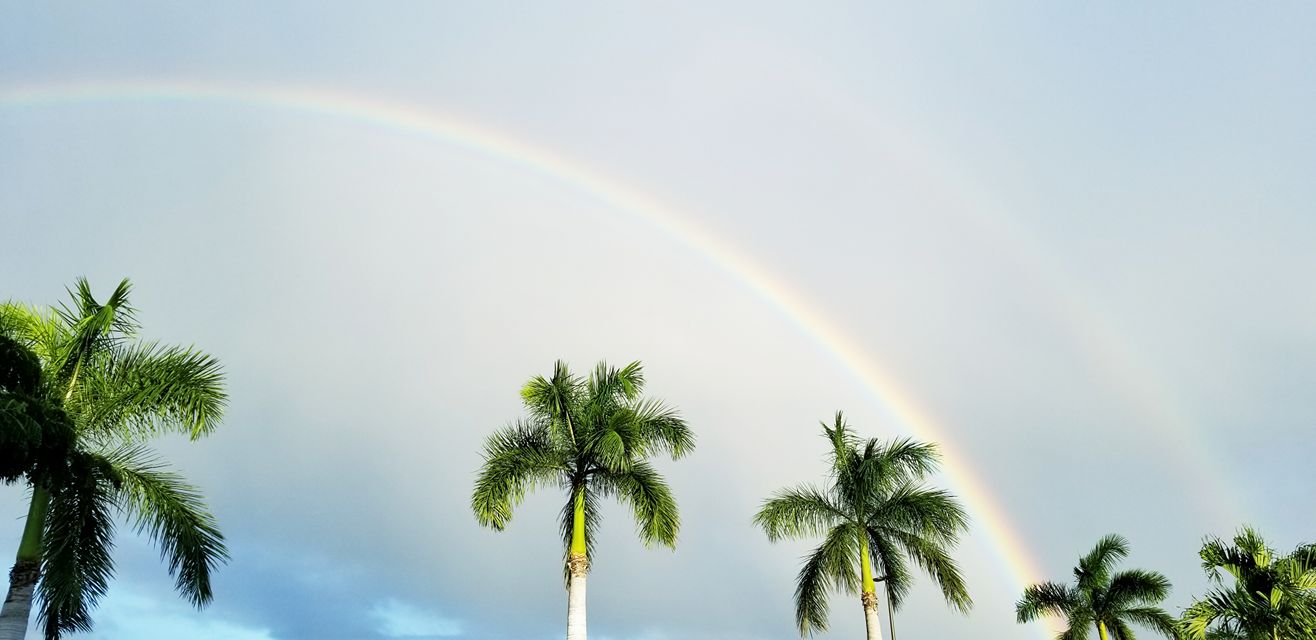
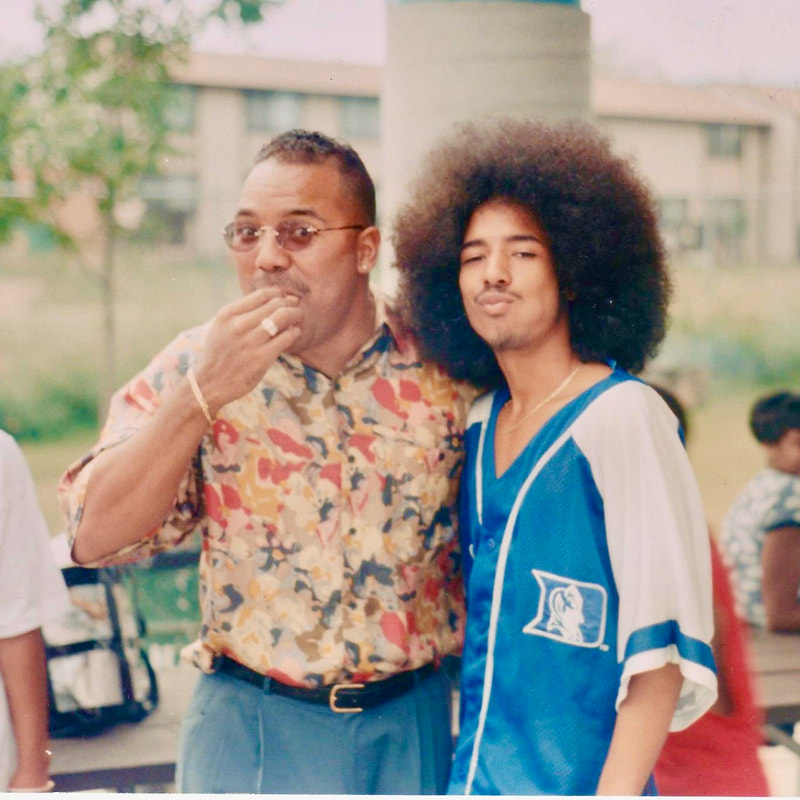
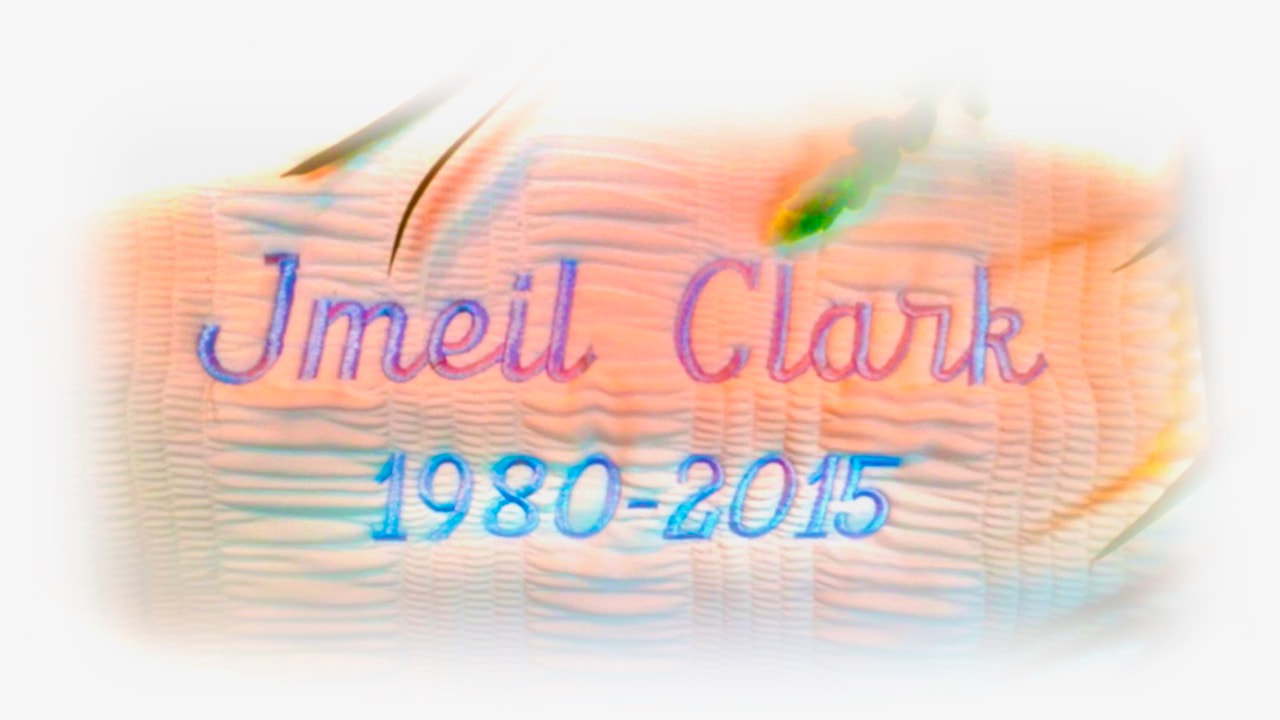
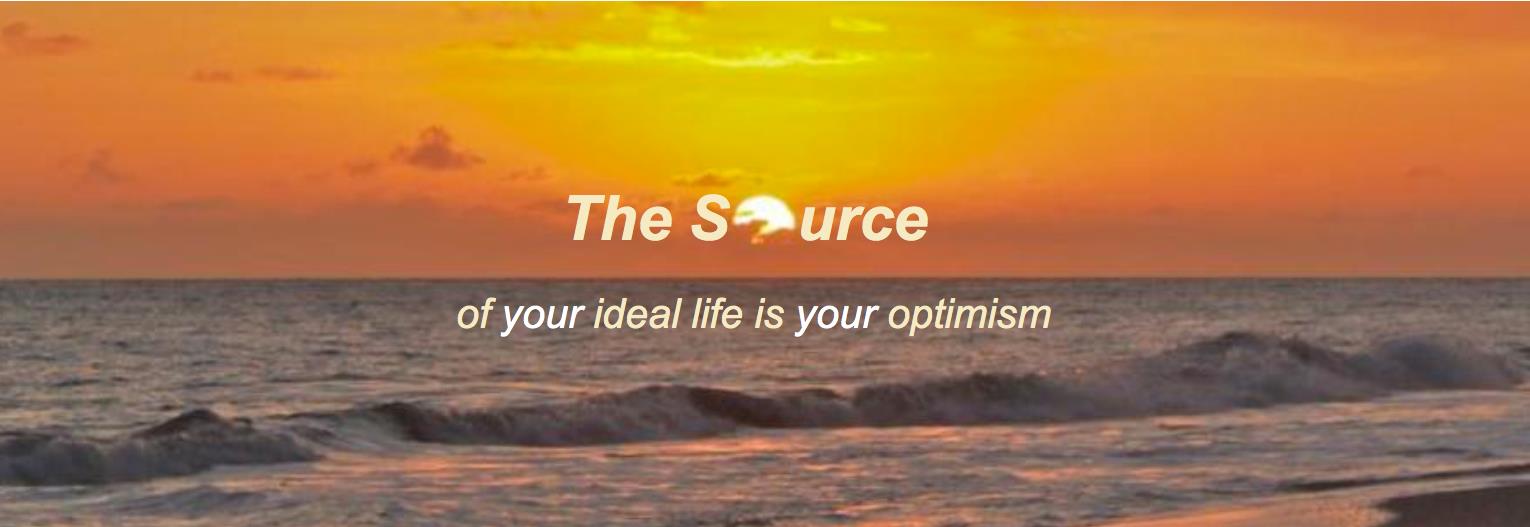

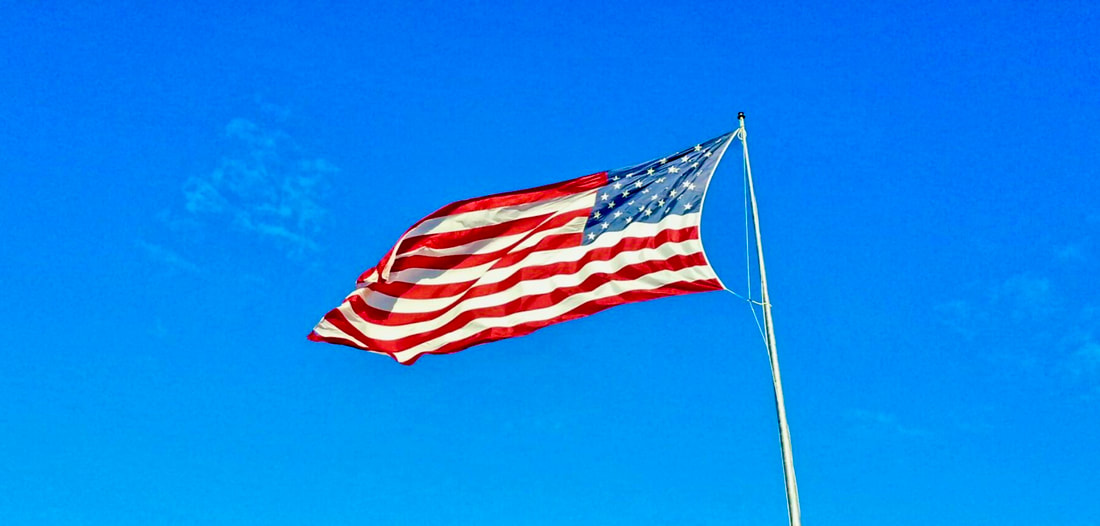
 RSS Feed
RSS Feed
